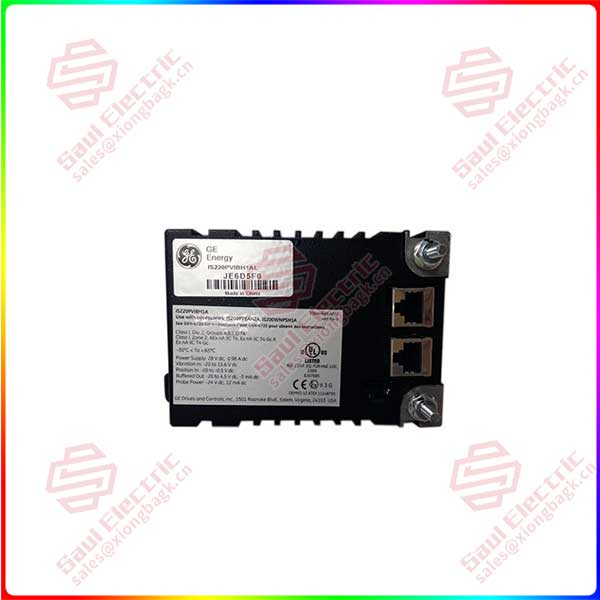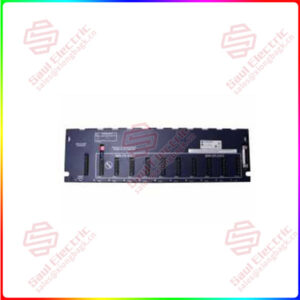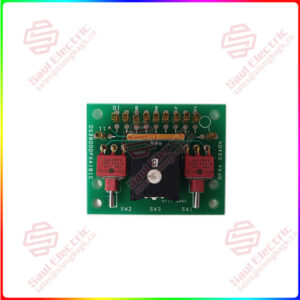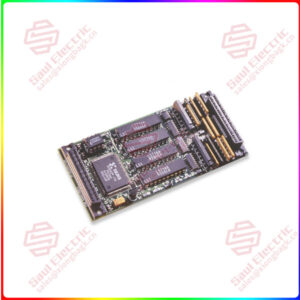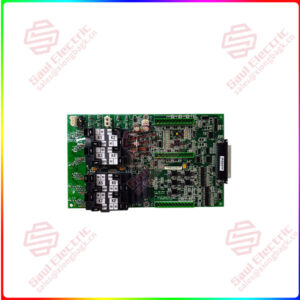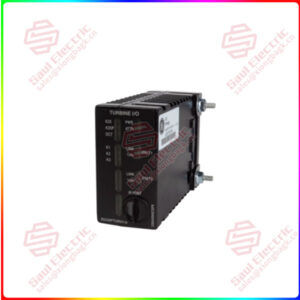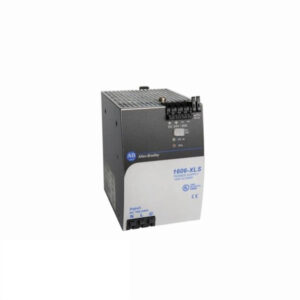Description
Overview
Essential details:IS220PVIBH1A VIBRATION MODULE
lf you need to inquire or purchase ,please send the product models to my email or call medirectly .
sunny He
[Email] sales@saulcontrol.com
[Mobile] 86-18059884797
[WhatsApp] 86-18059884797
[Skype] sales@saulcontrol.com
IS220PVIBH1A VIBRATION MODULE
Part No.: IS220PVIBH1A
Manufacturer: General Electric
Product Type: Vibration Monitor (PVIB) pack
Series: Mark VIe
IS220PVIBH1A is a Vibration Monitor (PVIB) pack developed by GE under the Mark VIe control system. The Vibration Monitor (PVIB) pack connects one or two I/O Ethernet networks to the TVBA vibration terminal board electrically. The pack includes a processor board, an acquisition board, and a daughterboard, which are all common to all Mark VIe distributed I/O packs.
- The pack reads vibration or proximity information from the following sensor types using channels 1 through 8: Proximitors, integrated output accelerometers (Channels 1-3 only), Velomitor, or seiseismic channels 9 through 12 only support proximitors, while channel 13 can input either a Keyphasor signal-type or a proximity-type signal.
- Dual RJ45 Ethernet ports and 3-pin power input are used to power the pack. For frame rates slower than 100 Hz, the PVIB enables twin Ethernet networks. It supports frame rates of 3.125, 6.25, 12.5, 25, 50, and 100 Hz over an Ethernet network.
- A DC-37 pin connector connects directly to the matching terminal board connector for output. Indicator LEDs are used to display visual diagnostics.
IS220PVIBH1A Compatibility
Dual RJ45 Ethernet ports and 3-pin power input are used to power the pack. For frame rates slower than 100 Hz, the PVIB enables twin Ethernet networks. It supports frame rates of 3.125, 6.25, 12.5, 25, 50, and 100 Hz over an Ethernet network. A DC-37 pin connector connects directly to the matching terminal board connector for output. Indicator LEDs are used to display visual diagnostics.
IS220PVIBH1A Installation
Follow the procedure to install the pack
- Secure the terminal board you want to use.
- Connect the PVIB I/O pack to the terminal board connectors directly.
- Use the threaded studs close to the Ethernet ports to mechanically secure the packs.
- Depending on the system configuration, connect one or two Ethernet wires. The pack can be used with either port. When using dual connections, ENET1 should be connected to the network linked with the R controller.
- Connect the pack to the power source by plugging in the connector on the side.
- Configure the I/O pack as needed using the ToolboxST* application.
- Check that the N28 power supply daughterboard on the TVBA is properly placed in the TVBA connector.
IS220PVIBH1A Operation
Processor
The processor board is connected to an acquisition board that is appropriate to the purpose of the I/O pack or module. The soft-start circuit ramps up the voltage available on the processor board when input power is applied. The processor reset is removed, and the local power supplies are sequenced on. The CPU runs self-test procedures before loading application code from flash memory that is particular to the I/O pack or module type.
Auto-Reconfiguration
The Auto-Reconfiguration capability enables the operator to swap I/O packs without having to manually reconfigure each pack or module.
When the Auto-Reconfiguration functionality is activated, a reconfiguration file is automatically downloaded from the controller to the I/O pack when the controller detects an I/O pack booting with a different configuration.
Hardware for Vibration Monitoring
The analog filter acquisition board (BAFA) and the analog processing daughterboard make up the PVIB application-specific hardware (KAPA).
Signal conditioning is provided by the analog filter acquisition board, which centers and amplifies signals to increase analog-to-digital resolution.
Firmware for Vibration Monitoring Applications
Position data from Proximitors, wideband vibration data from Proximitors, accelerometers with integrated outputs, Velomitors, and Seismics can all be used on channels 1 through 3. Position information from Proximitors, wideband vibration information from Proximitors, Velomitors, and Seismics can all be found on Channels 4 through 8. Only position information is broadcast on channels 9-12. Position feedback and Keyphasor feedback are both supported on Channel 13.


 1 Year Warranty
1 Year Warranty
